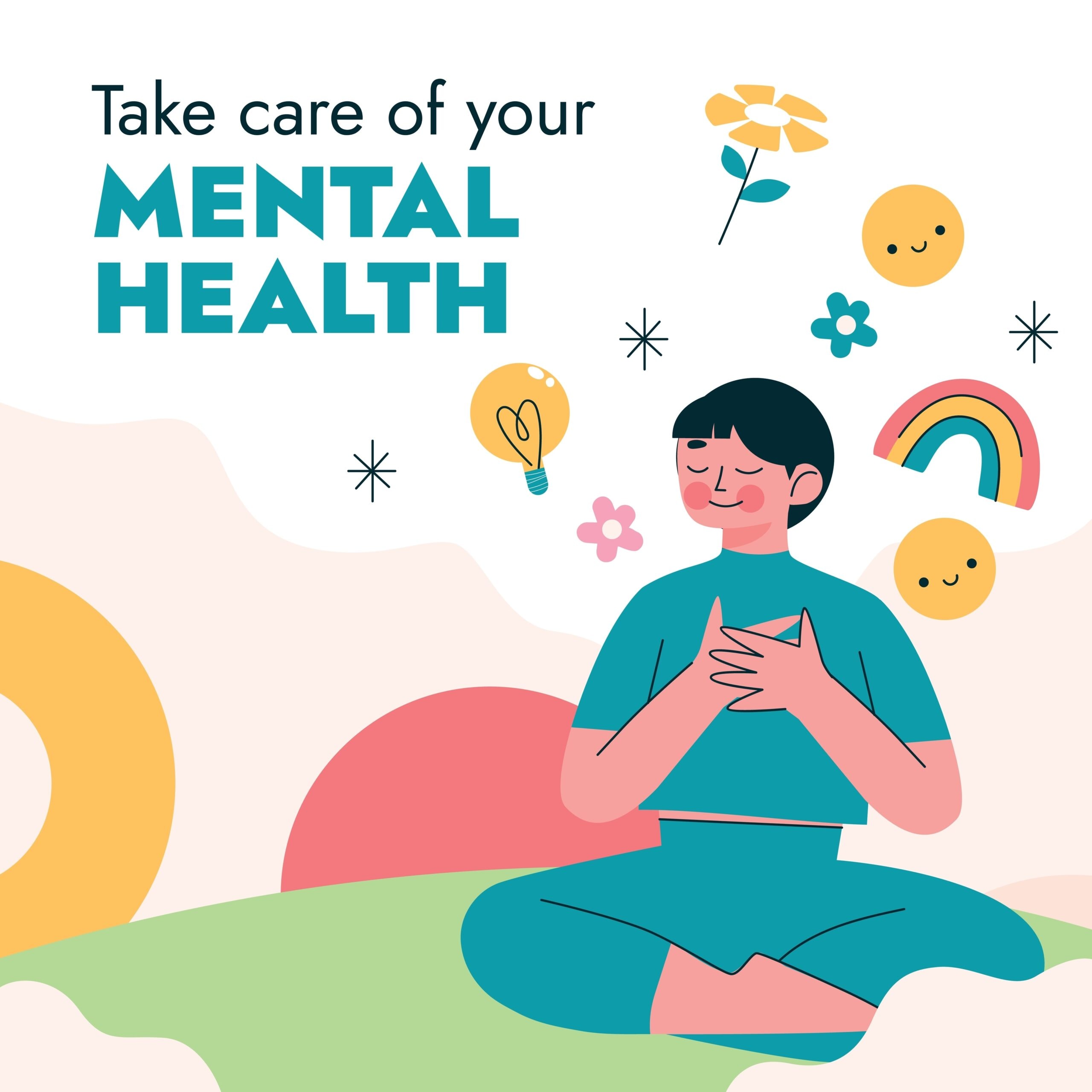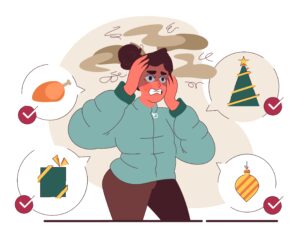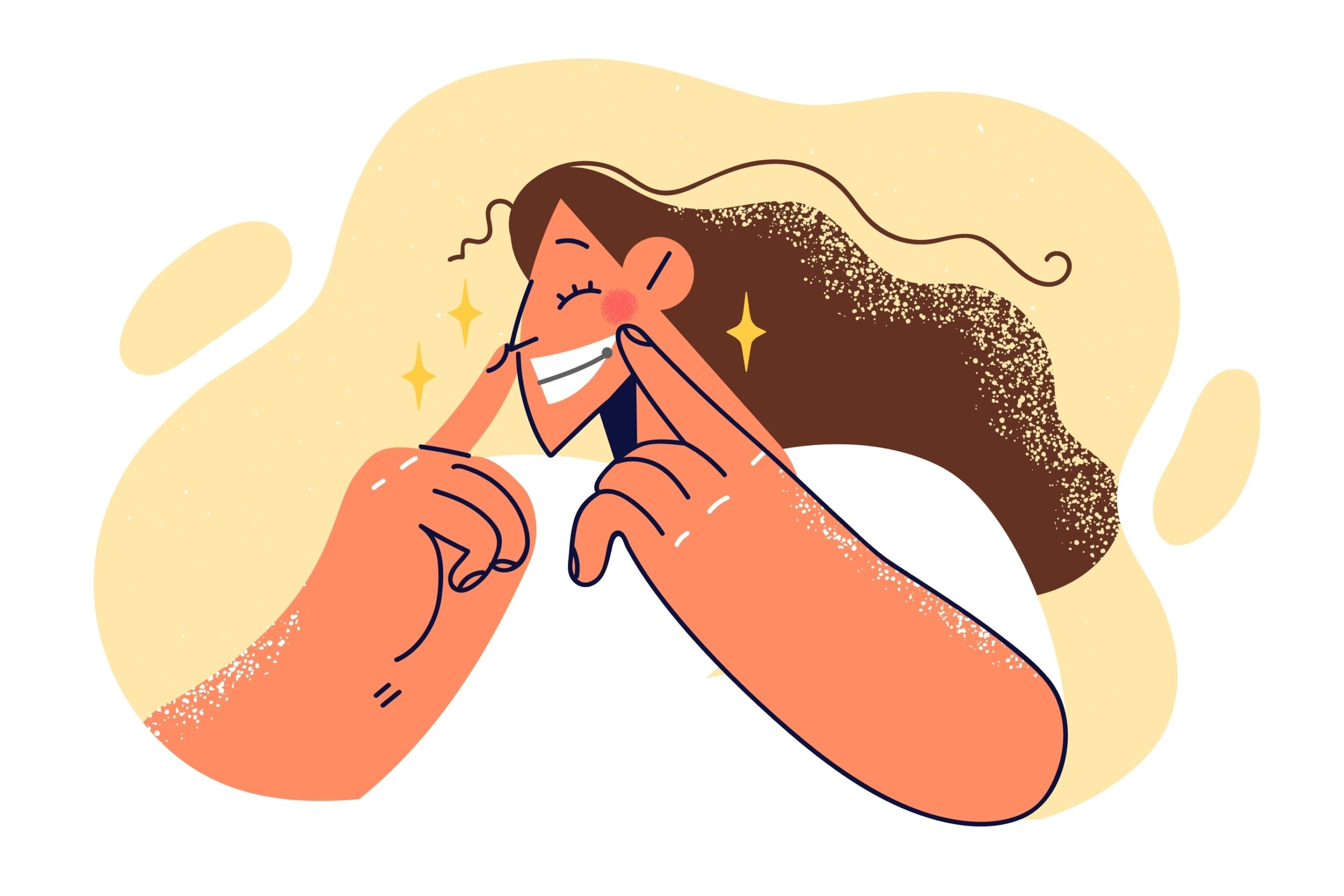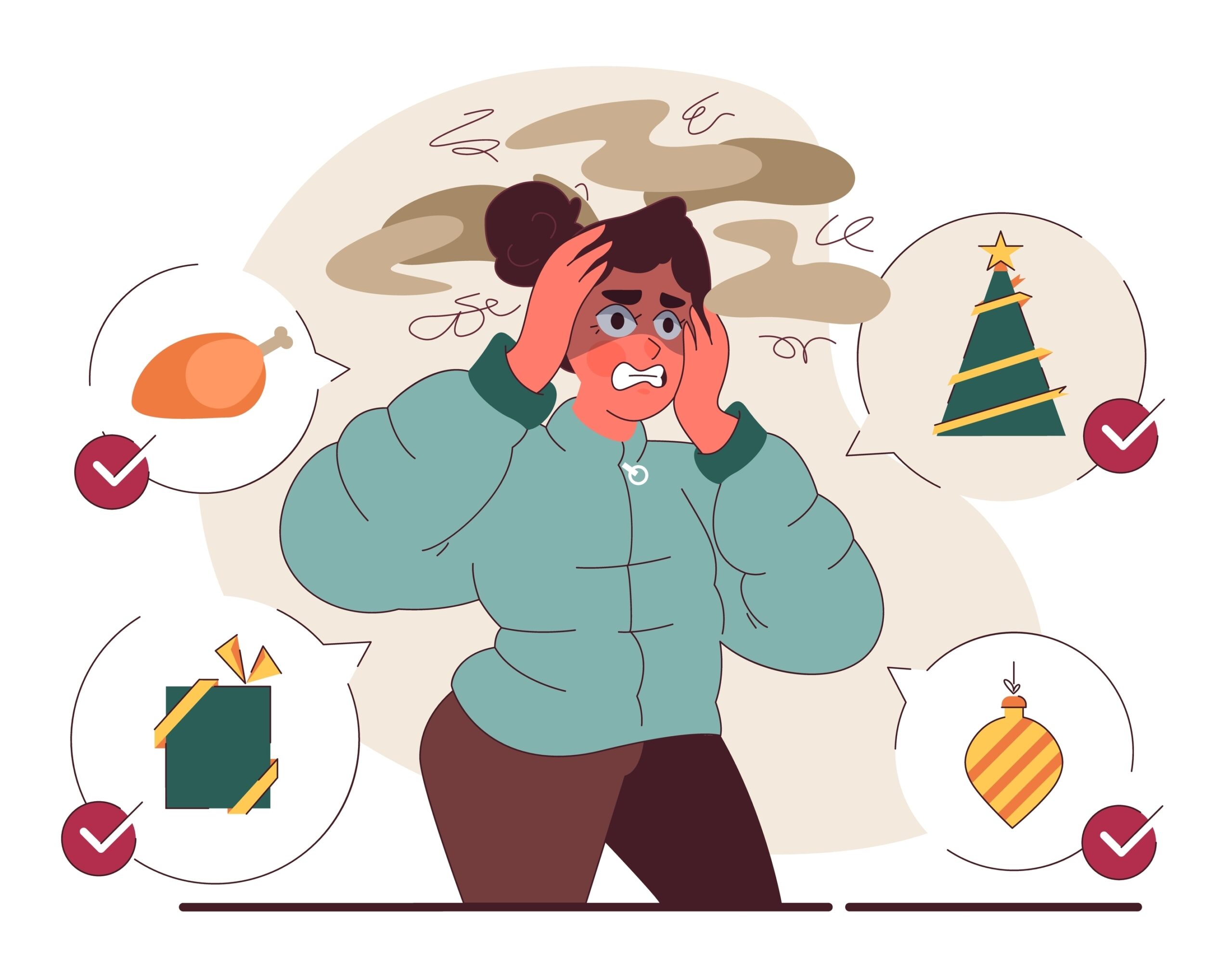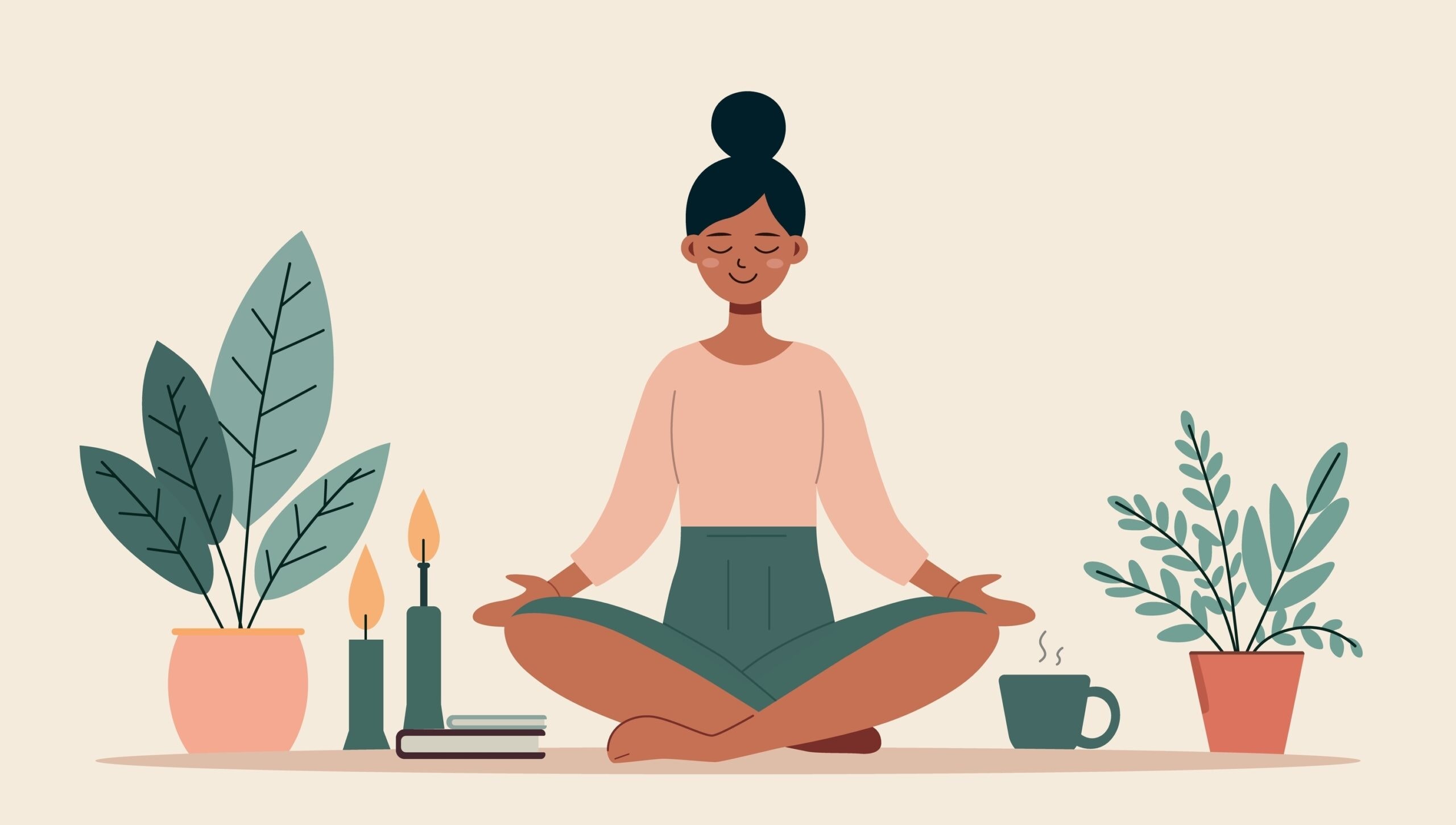Recognizing Burnout: What Your Brain Is Telling You
If you’re feeling exhausted, detached, or like you’re running on autopilot—you’re not alone. Burnout is more than just being tired. It’s a physiological and neurological response to chronic stress that can quietly build up until your mind and body hit a wall. For many, it often starts subtly: trouble concentrating, a short temper, persistent fatigue, or losing interest in things that once brought joy.
Science offers powerful insight into what’s happening behind the scenes. One critical brain structure at play is the habenula. Known as the brain’s “disappointment detector,” the habenula activates when we perceive failure—whether that’s something from the past, present, or thoughts of the future. Once activated, it can quickly shut down motivation, making it harder to move forward. This neurological fact helps explain why burnout feels like you’re stuck in quicksand: the more you struggle, the harder it becomes to climb out.
The Problem with Perfectionism in Self-Care
Here’s the kicker: one of the biggest barriers to recovery is perfectionism. The pressure to “do self-care right” or to follow a perfect routine often turns the solution into part of the problem. This is especially true during Mental Health Awareness Month, when well-meaning messages about wellness can inadvertently spark comparison and shame.
All-or-nothing thinking—believing that if you can’t do it perfectly, it’s not worth doing—can trigger your habenula, leaving you discouraged. It’s like setting a goal to meditate every morning at 6 AM, but after one missed day, you assume you’ve failed and stop entirely. This isn’t just a mindset issue; it’s a brain issue.
The good news? There’s a better way—one rooted in behavioral science and compassion.
Small, Iterative Acts of Self-Care That Actually Work
Self-care doesn’t have to be a bubble bath or an elaborate morning routine. At Fresh Tri, we believe in the power of iteration: testing different tweaks or changes, learning from experience, and adapting over time.
Instead of performing self-care, try practicing it—without pressure to succeed. Every step forwardt counts and builds toward balance. Here are five micro-habits that can help reset your stress without adding more to your plate:
-
Three Deep Breaths Before a Meeting 💨
A simple pause activates your parasympathetic nervous system, calming your stress response.
-
Drink a Glass of Water When You Wake Up 🥤
A gentle nudge toward hydration can increase alertness and support cognitive function.
-
Take a 2-Minute Stretch Break at Your Desk 🧘
Movement breaks help relieve muscle tension and improve focus.
-
Name One Thing You’re Grateful For 💖
Gratitude increases dopamine and rewires the brain toward positivity.
-
Place Your Phone Out of Reach for One Hour 📱
Reduce decision fatigue and give your brain a break from constant stimulation.
These aren’t rules—they’re invitations. Try one. See how it feels. If it doesn’t work, iterate. That’s where the magic happens.
Letting Go of Guilt: A Mindset Reset
One of the most revolutionary things you can do for your mental health is let go of guilt. Guilt often creeps in when we believe we’re not doing enough. But what if enough isn’t a fixed point? What if it changes with your energy, your circumstances, and your season of life?
This is where the Iterative Mindset comes in. Instead of judging yourself for what you didn’t do, you honor what you tried. You celebrate the effort. You treat each day as a practice—not a performance. Neuroscience tells us that when we release judgment, our brains stay open to learning, motivation, and growth.
You’re not failing. You’re practicing. That’s what real self-care looks like.
Your Next Step: Choose One, Breathe Deep, Begin Again
Balance isn’t something you achieve once and hold onto forever. It’s a daily, even moment-to-moment, recalibration. And that’s okay. In fact, it’s natural.
This Mental Health Awareness Month, give yourself permission to start small, practice often, and drop the guilt. There is no finish line. No need to prove anything. The only question is: What’s one thing you can do today to support yourself?
Breathe. Begin again. You’ve got this.
Feeling burned out? Download the free Fresh Tri app for practical, guilt-free habits based on brain science.
Take the Iterative Mindset quiz and beat burnout with brain science.

